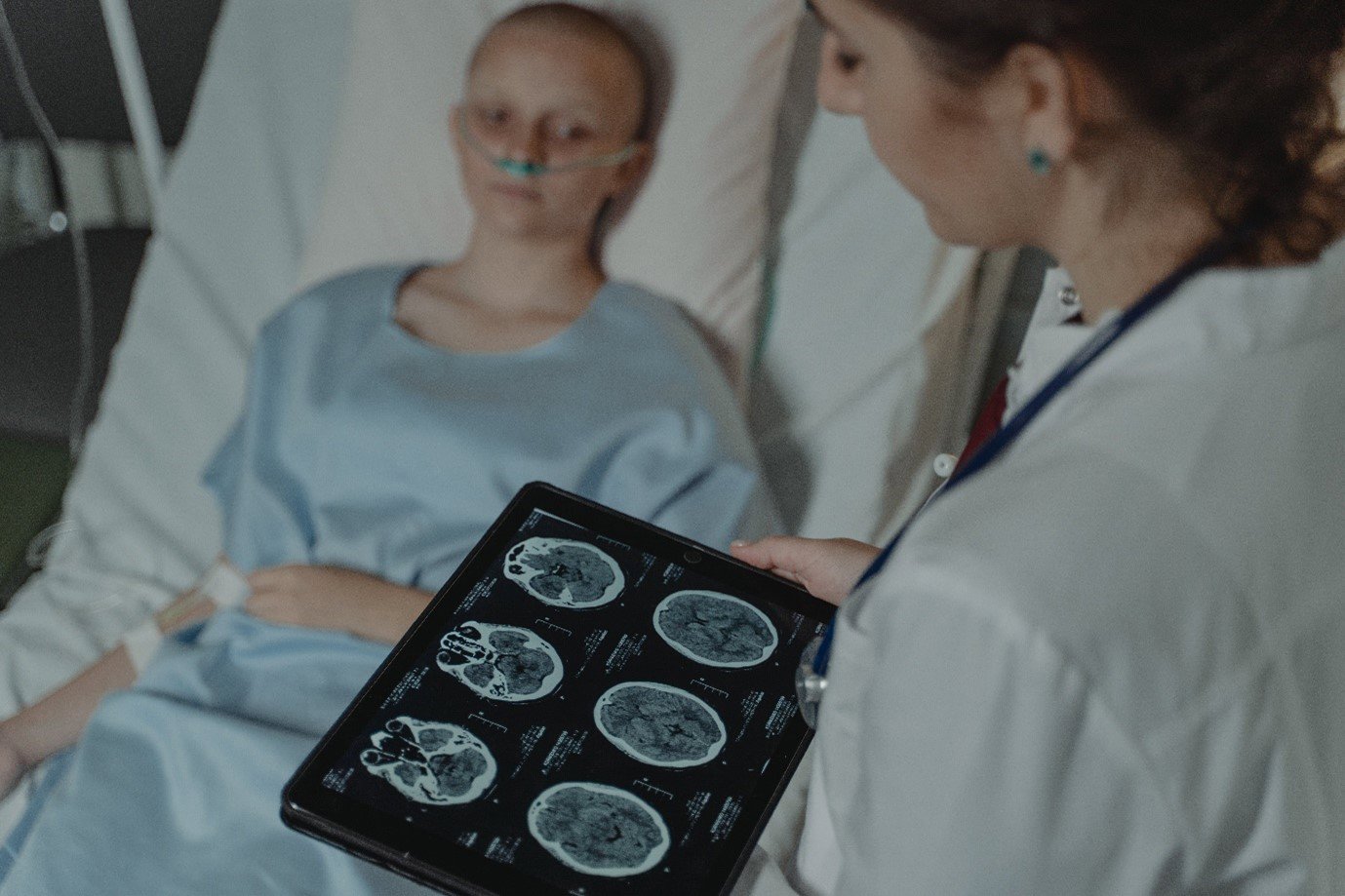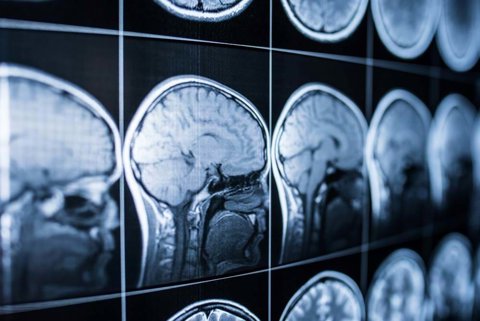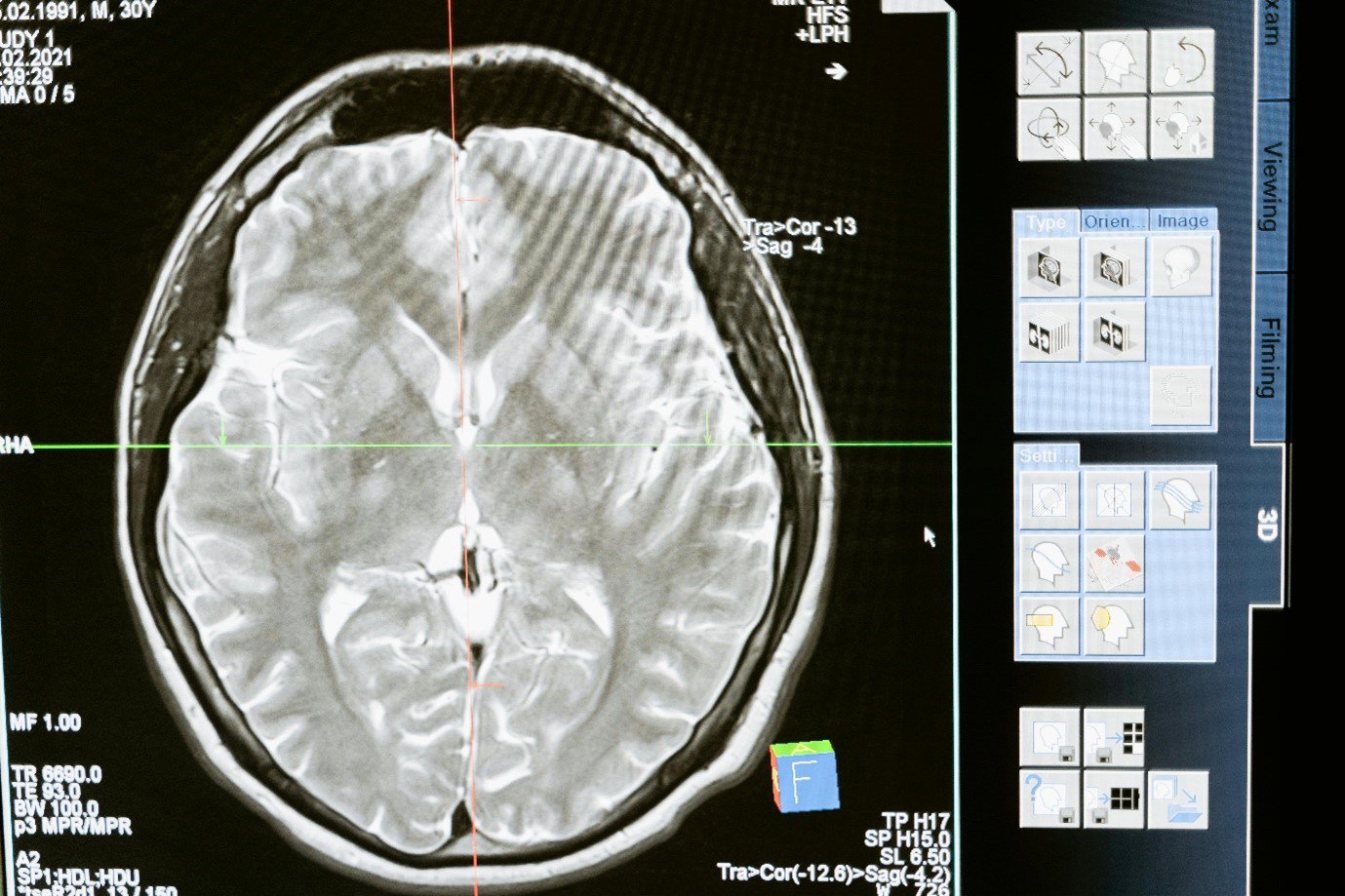What the ‘Call for Evidence’ involved
People who have ABI require support from a variety of services. Because of this, the Government requested anyone who is living with ABI to complete an online survey, for the chance to offer their opinion and view based on personal experience.
The online form included a range of questions and topics such as:
- Type of Acquired Brain Injury
- How you acquired your brain injury
- Long-term health conditions
- Your views on including neurological conditions in the strategy
- Your opinions on what the focus for the strategy should be on
Through completing this survey, users were part of the change and helped piece together the strategy for Acquired Brain Injury.
Strategy for Acquired Brain Injury
The Acquired Brain Injury Bill required the Government to publish the strategy by early 2023, which was achieved.
Chris Bryant MP has secured a Private Members Bill, and the Government has given the go-ahead for a cross departmental strategy. Now that the strategy has been agreed, the Government has started working on implementing it.
“The Government has announced it will be creating a Panel Board in to start devising a whole-Government strategy on ABI. In other words, the Government is doing precisely what my Acquired Brain Injury Private Members Bill is calling for” said Chris Bryant MP.
He went on to say thank you to everyone who was involved and that “it was a real collective effort from charities including The Child Brain Injury Trust, The Children’s Trust, Brainkind and HYPERLINK "https://www.headway.org.uk/"Headway, supporters, service users and MPs”.
What is an ABI?
An ABI is defined as any damage that has happened to your brain after birth, so the effects can be wide-ranging depending on when you suffered an ABI and what caused it. Usually, ABIs are split into two main categories:
- Non-traumatic – these types of ABIs are usually caused by pressure on the brain as a result of tumours or neurological conditions like brain haemorrhages, encephalitis or strokes.
- Traumatic – caused by an external physical force.
There are many different causes of Acquired Brain Injury including road traffic accidents, assaults, and falling. Injuries can range from infections, a tumour, haemorrhage, hypoxia, and more.
Essentially, Acquired Brain Injury can occur through a sudden onset like an accident, trauma, or strokes. People can also experience a slow onset from prolonged alcohol abuse or other degenerative neurological diseases, for example.
Our Serious Injury Solicitors have years of combined experience and understand that everyone’s experience of living with an ABI will be different. If we’re able to support you with a claim, we’ll tailor our services to best support your individual circumstances.
How common are ABIs?
Those who are more at risk of having an ABI are young adults and people who are aged 65 and over. Men tend to have 2-3 times more risk than women.
In the UK alone, there are 900,000 accidents that result in a head injury with around 160,000 of those people being admitted into hospital following the accident each year. There are approximately around 1.3 million people who are currently living with disabilities as a result from head injuries.

Lasting effects of ABIs
Acquired Brain Injuries can lead to physical, cognitive, and behavioural changes. While the severity of the effects will vary depending on how the injury started, they can have long-lasting effects on someone’s life.
- Physical – People with ABI can experience muscle shortening, visual impairment, balance issues, speech problems, and changes to their taste and smell.
- Cognitive – Memory issues, attention problems, unable to concentrate, and lack of problem solving skills can all be caused by ABIs
- Behavioural – Depending on the severity of the injury, someone with an ABI can experience changes in their mood, anxiety, anger issues, and changes to their personality.
Someone with an ABI may be wondering if they will ever improve or get back to ‘normal’. While ABI is a lifelong condition, every patient is unique. This means that there can be improvement over time, but some patients will recover quicker than others. For example, patients with a mild injury can return to their normal life within a smaller amount of time. But those with severe injuries will have to learn to live with their after-effects. It’s possible that you will need ongoing rehabilitation and support.
What can I do to support someone with an ABI?
If your loved one has suffered an ABI, you might feel lost as to how you can help them. This can be made especially difficult if your family member or friend is struggling to communicate after sustaining an ABI. But there are things you can do to help, including:
- Let them know you’re there – it might sound simple but sometimes just knowing someone is around to give support when you need it can make a big difference. This could be as straightforward as sending an occasional text to see if there’s anything you can do for them.
- Research – knowing about brain injury will help you to get a better understanding of what your loved one is going through. Headway has a wide range of resources on their website to support you with this.
- Find support – it isn’t unusual for people to feel depressed and isolated after suffering an ABI. It may be helpful for your family member or friend to attend a local support group or see their GP if their mental health is declining.
There is a lot of support available for people with ABIs, including:
- Physiotherapy
- Speech and language therapy
- Psychologist
- Occupational therapy
Treatment for ABIs
If you or someone you know has suffered an Acquired Brain Injury, there are many tests that can be done to create a picture of what’s happened and the full extent of the injury.
In many cases, there may be x-rays and CT brain scans to help pinpoint the exact areas of damage. Surgery may also be needed in some cases.
Recovery will completely depend on the patient, and it can even be influenced by how quick first aid was given, so it’s important that someone who’s been in an accident receives the care they need as quickly as possible.
For close family members, it will help if they start learning all about ABIs and the effects of it. It’s also important to understand how slow recovery may potentially be. Carers of anyone with an ABI must learn to stay in the present and highlight all the strengths and achievements of the person, rather than pointing out the weaknesses.
How Simpson Millar can help
If someone else was to blame for you suffering an ABI, we could help you with a Brain and Head Injury claim.
We understand that taking legal action can feel daunting, but we aim to ease some of that worry and take the pressure away from you so that you can focus on your recovery. These are just some of the ways we can support you:
- We’re the Open Lawyers, so we’ll always keep you up to date with clear and transparent information. We can also adapt our communication style to account for any speech impairment you’re experiencing because of your brain injury.
- We know travelling into an office won’t always be practical so we can arrange to visit you in hospital or at home to discuss your claim.
- We have links to leading charities who offer extensive support for people who have suffered a brain injury. We’re recognised by Headway on their Head Injury Solicitors Directory, and we work closely with the Child Brain Injury Trust (CBIT) as a Legal Support Service Partner.
- We also work with a large network of case managers and medical professionals, so we can arrange the best specialist treatment for you.
- If the person responsible for your brain injury admits responsibility, we’ll apply for interim payments so you can pay off any immediate costs before your case settles.
Get in touch with our approachable Serious Injury Lawyers today for further advice about your claim.






